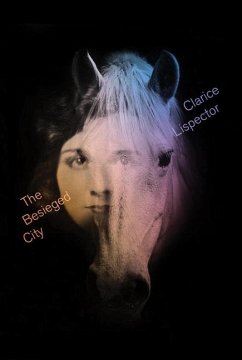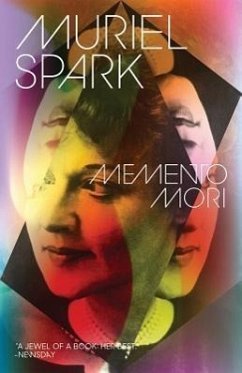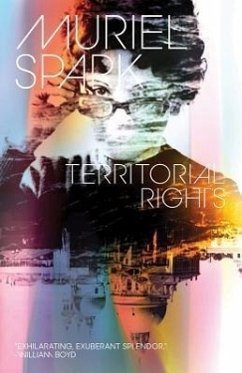Nicht lieferbar

Fortress Besieged
Versandkostenfrei!
Nicht lieferbar
Weitere Ausgaben:
Set on the eve of the Sino-Japanese War, our hapless hero Fang Hung-chien (á la Emma Bovary), with no particular goal in life and with a bogus degree from a fake American university in hand, returns home to Shanghai. On the French liner home, he meets two Chinese beauties, Miss Su and Miss Pao. Qian writes, "With Miss Pao it wasn't a matter of heart or soul. She hadn't any change of heart, since she didn't have a heart." In a sort of painful comedy, Fang obtains a teaching post at a newly established university where the effete pseudo-intellectuals he encounters in academia become the butt of...
Set on the eve of the Sino-Japanese War, our hapless hero Fang Hung-chien (á la Emma Bovary), with no particular goal in life and with a bogus degree from a fake American university in hand, returns home to Shanghai. On the French liner home, he meets two Chinese beauties, Miss Su and Miss Pao. Qian writes, "With Miss Pao it wasn't a matter of heart or soul. She hadn't any change of heart, since she didn't have a heart." In a sort of painful comedy, Fang obtains a teaching post at a newly established university where the effete pseudo-intellectuals he encounters in academia become the butt of Qian's merciless satire. Soon Fang is trapped into a marriage of Nabokovian proportions of distress and absurdity. Recalling Fielding's Tom Jones in its farcical litany of misadventures and Flaubert's "style indirect libre," Fortress Besieged is its own unique feast of delights.






